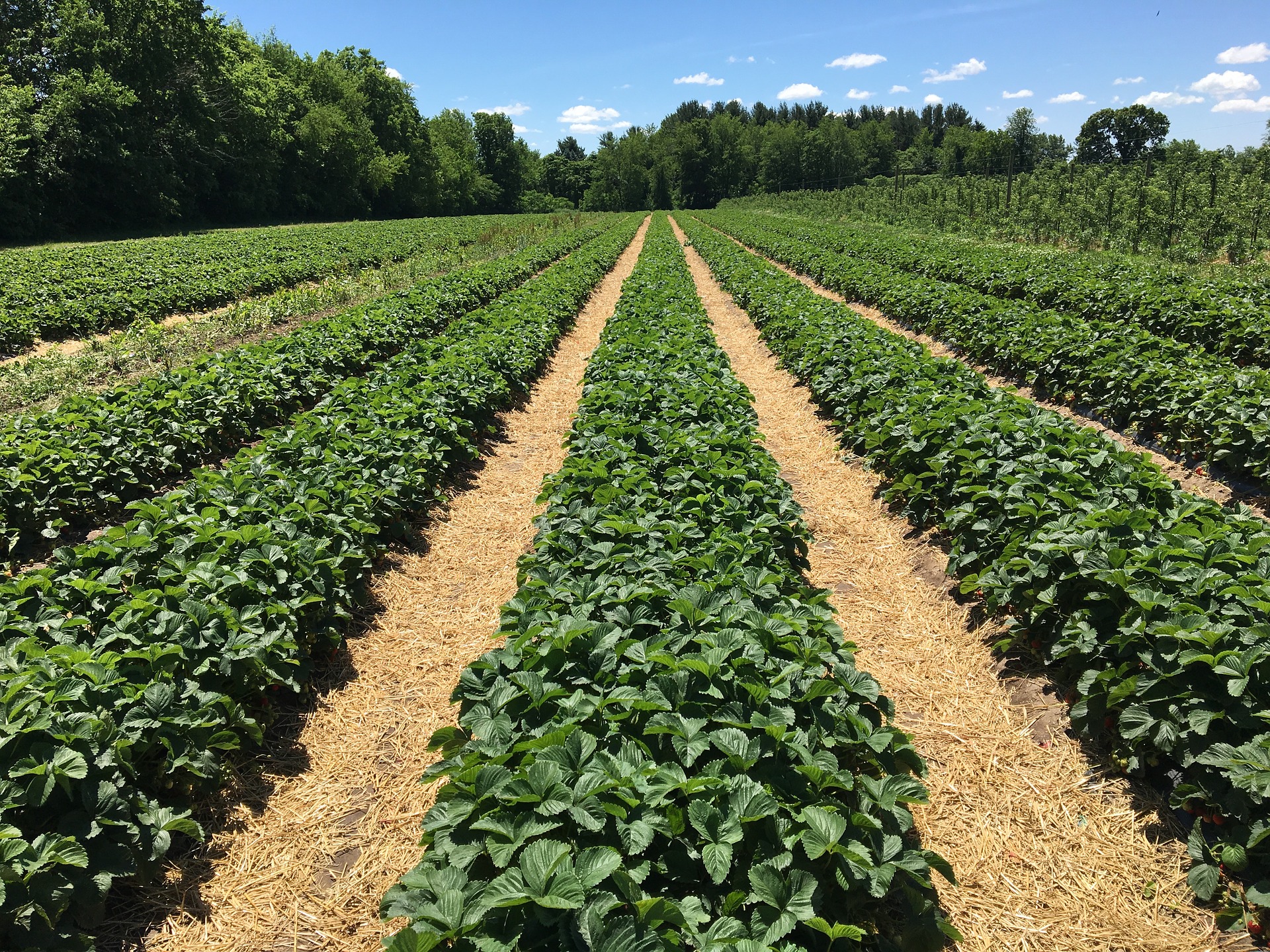Organic Better Than Chemical-Intensive Agriculture at Fighting Climate Change
Published: September 19, 2017
(Beyond Pesticides, September 19, 2017) Soils on organic farms sequester more carbon for a longer period of time when compared to the soil on conventional chemical-intensive farms, according to a study conducted by researchers from Northeastern University and The Organic Center. The continuing effects of climate change necessitate a robust approach to both limiting and reducing carbon in the earth’s atmosphere. As the study shows, a wholesale transition from conventional to organic farming could play an important part in mitigating the effects of a warming planet.
In order to assess the impact of the differing production practices, researchers compared the soil on over 1000 organic and conventional farms throughout the U.S. Focus was placed on how the different approaches impact soil organic carbon, which is simply the amount of carbon contained in soil, and consists of two sources. The first is carbon that cycles through air, soil, and microorganisms. The second is more stable in the soil, and is contained in soil humus. Humus is not cycled in and out of soil. It is a complex of decayed organic matter that stores essential elements including carbon and nutrients in a highly stable state. The primary substances that make up humus are fluvic and humic acid, and the percentage of each was also measured by researchers at each farm observed in the study.
Results show that soils on organic farms contain 13% more total soil organic carbon than conventional farms. Levels of fluvic and humic acid were also 150% and 44% higher respectively in soils on organic farms when compared to conventional counterparts. Further, the study indicates that ability of organic soils to be a long-term source for carbon sequestration through the process of turning organic matter into humus (humification) was 26% higher in organic soils than conventional ones. Researchers indicate, “With the exception of water retention, comparisons of soil organic matter, fluvic acid, humic acid, and humification suggest that organic farming practices support healthy soils and build and/or or maintain soil organic matter more effectively than conventional farming practices.”
These data are in line with previous research that has revealed the benefits and role that organic farming practices can play in carbon reduction through sequestration. According to calculations from the Rodale Institute in 2014, soil sequestration has the potential to store the greenhouse gas emissions of up to 52 gigatonnes of CO2.

